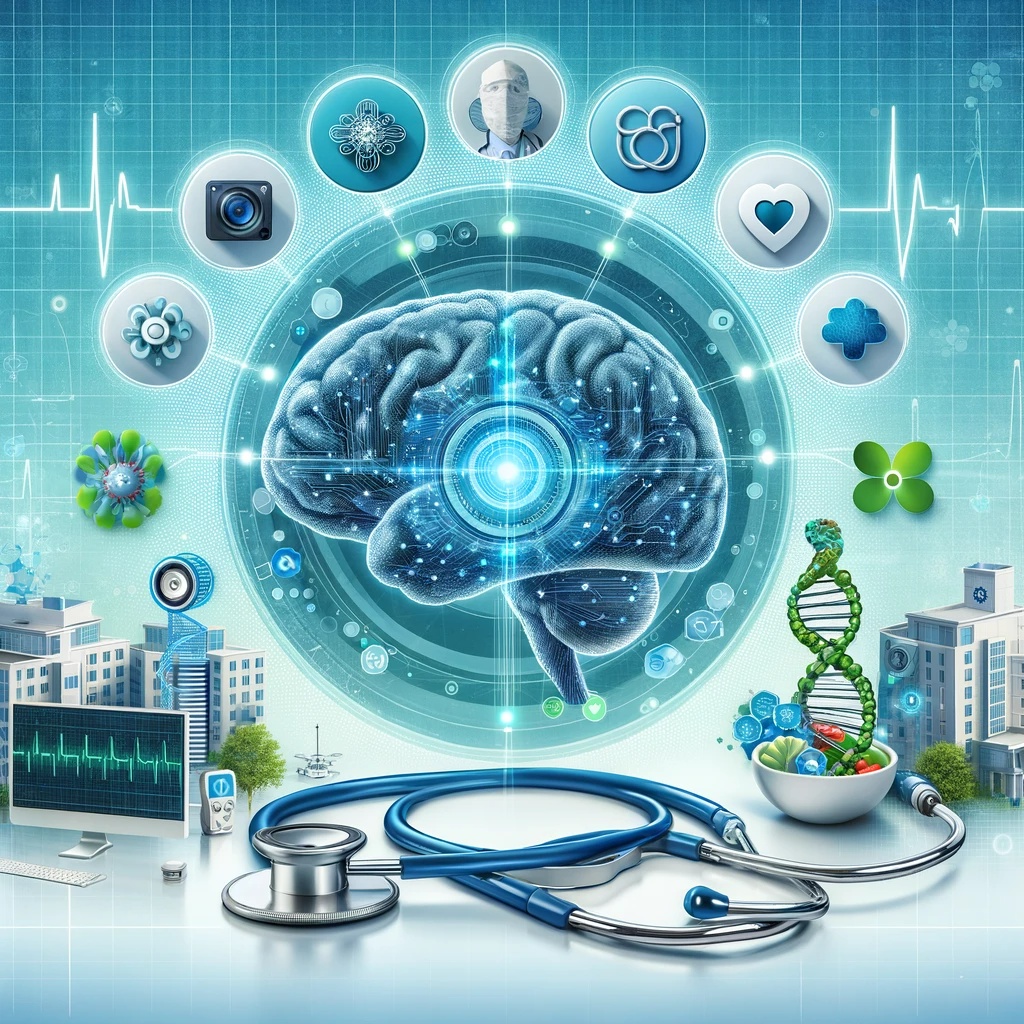The integration of Artificial Intelligence (AI) in healthcare has opened new frontiers in disease diagnosis and treatment. A profound example of this integration can be seen in the management of Diffuse Large B-cell Lymphoma (DLBCL), the most common type of lymphoma. A recent study utilizing AI and radiomics derived from PET/CT scans to predict patient outcomes post-treatment demonstrates AI's significant benefits in healthcare.
The Study: Predicting Outcomes in DLBCL
DLBCL patients often face recurrence despite advancements in treatment. The study aimed to use AI techniques to predict recurrence within two years post-treatment. By analyzing PET/CT images of 229 patients (with a training set of 183 and a test set of 46), the study explored the potential of a combined radiomic and clinical-based model.
AI and Machine Learning in Treatment Stratification
AI's role in the study was to analyze radiomic features from baseline PET/CT scans to predict 2-year event-free survival. Various machine learning classifiers were used, including logistic regression models and ridge regression, along with traditional clinical metrics. The results indicated that AI-driven models could predict patient outcomes more accurately than conventional methods based solely on metabolic tumor volume.
Benefits of AI in Healthcare
1. Enhanced Predictive Accuracy:
- AI models demonstrated superior predictive capabilities compared to traditional methods. The combined clinical and radiomic model achieved a high validation accuracy, indicating AI’s potential in enhancing diagnostic precision.
2. Personalized Treatment:
- By predicting the likelihood of disease recurrence, AI enables more personalized treatment plans, potentially improving patient outcomes.
3. Efficient Data Analysis:
- AI can quickly process and analyze large datasets, which is crucial in healthcare where time is often critical.
4. Innovative Diagnostic Tools:
- AI introduces new metrics for disease assessment, going beyond traditional parameters to provide a more comprehensive evaluation.
5. Potential in Various Medical Fields:
- The success in DLBCL treatment suggests AI’s applicability in other types of cancer and diseases, marking a significant advancement in medical research and treatment strategies.
Challenges and Future Directions
While the study presents promising results, challenges such as ensuring data reliability, model generalizability, and integrating AI tools into clinical practice persist. Future research should focus on refining AI models, validating findings in larger, more diverse populations, and exploring the integration of AI into routine clinical workflows.
Conclusion
The study on DLBCL patients exemplifies AI's transformative potential in healthcare. By providing enhanced predictive accuracy, personalized treatment plans, and efficient data analysis, AI and machine learning are poised to revolutionize medical diagnostics and treatment strategies. As technology continues to evolve, AI's role in healthcare will undoubtedly expand, paving the way for more innovative, effective, and personalized patient care.
For any software consultant , application development solutions visit our websites.


No comments yet